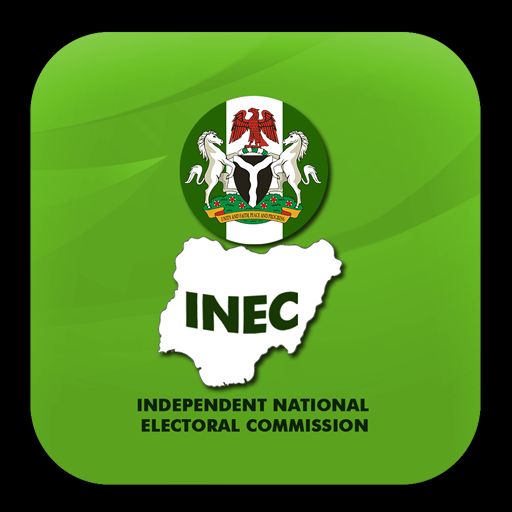NIGERIA: PVC Should No Longer Be Sole Requirement For Voting – INEC

By Ameenat Hamzat, Lagos, Nigeria
The Independent National Electoral Commission (INEC) has proposed the use of computer generated voting slips for those without Permanent Voters Cards (PVCs).
The INEC chairman, Prof. Mahmood Yakubu, recommended this while speaking during the consultative meeting with Resident Electoral Commissioners (REC) on Thursday in Abuja.
According to him, PVCs should no longer be the sole requirement for voting, especially with the introduction of the Bimodal Voter Accreditation System (BVAS).
Yakubu said the commission, having released its 524-page main report on the 2023 general election, has consulted widely with its officials and major stakeholders on the development.
He said that after completing five off-cycle governorship elections and nine out of 21 bye-elections since the 2023 General Election, it is the right time for INEC to start acting on the recommendations from its review of the election.
Mahmood also said that after talking to people inside and outside the Commission, they found 142 recommendations on areas like election readiness, voter management, education, communication, political parties, and logistics.
Other areas include election staff, teamwork, monitoring, election technology, voting and results, security, election crimes, and election laws.
He said that out of the 142 recommendations, 86 required administrative action by the Commission.
“This is followed by 48 recommendations that require action by a variety of stakeholders, including security agencies, mobile network operators, statutory bodies, political parties, transport unions, civil society organisations, and the media.
“On the legal review, there are eight recommendations that require legislative actions by the National Assembly. Very soon, the Commission will make a presentation to the Joint Committee of the Senate and House of Representatives on Electoral Matters as they continue to deliberate on electoral reform.
Among the major highlights of the Commission’s recommendations is the imperative of legal clarity in result management with regard to manual transfer versus the electronic transmission of results.
“The Commission also believes that with the introduction of the Bimodal Voter Accreditation System (BVAS), the use of the Permanent Voters’ Cards (PVC) as the sole means of identification for voter accreditation on Election Day should be reviewed.
“Those who already have the PVCs can still use them to vote, but going forward, computer-generated slips issued to the voter or even downloaded from the Commission’s website will suffice for voter accreditation. This will not only save costs; it will also eliminate the issues around the collection of PVCs and the diabolical practice of buying up the cards from voters in order to disenfranchise them”, he said.
Other areas of reform include promoting affirmative action to ensure greater participation from underrepresented groups, as well as strengthening voter education and public communication to tackle fake news and misinformation.
“Additionally, the Commission plans to reassess its approach to more effectively implement agreements on logistics with transport unions and other service providers, building on the recent experience of early deployment and the smooth start of elections in the recent Ondo State Governorship election,” Prof. Yakubu said.
categories
recent posts

Malawi Awaits President’s Decision On Sending Delegation To Pope Francis’ Funeral



FG To Begin Forensic Audit Of NNPCL – Finance Minister Edun

